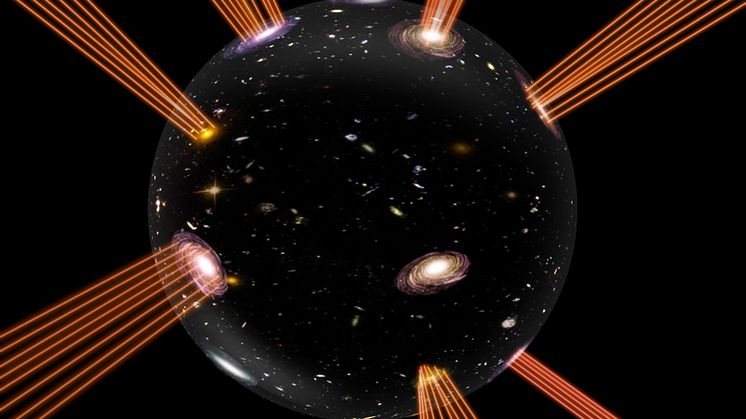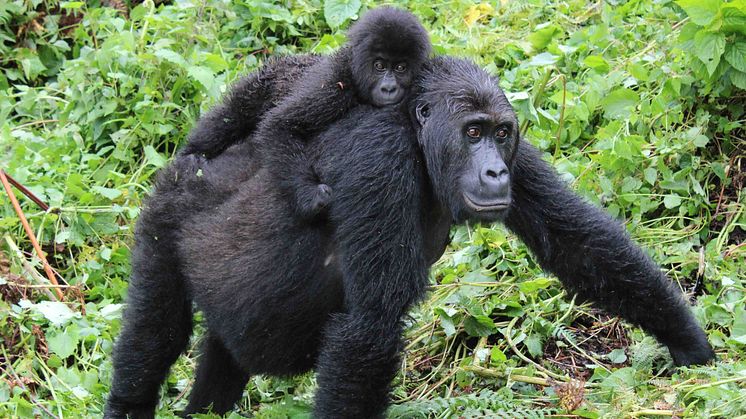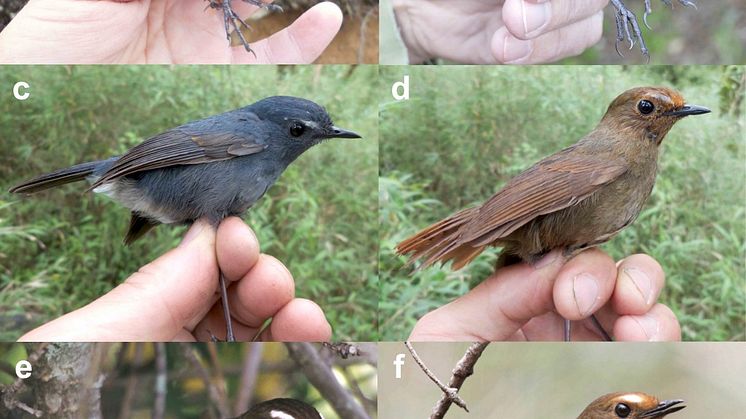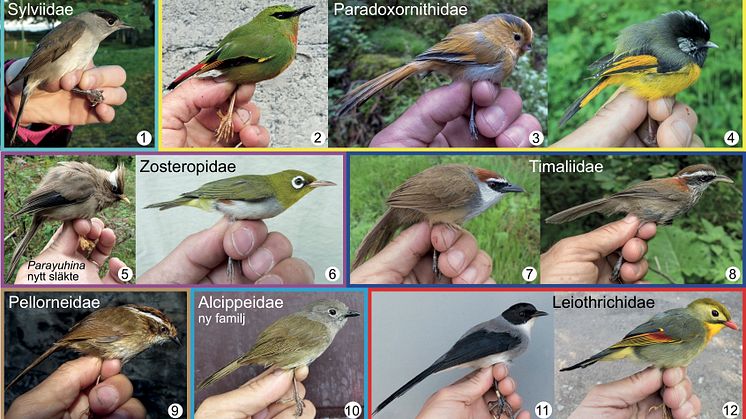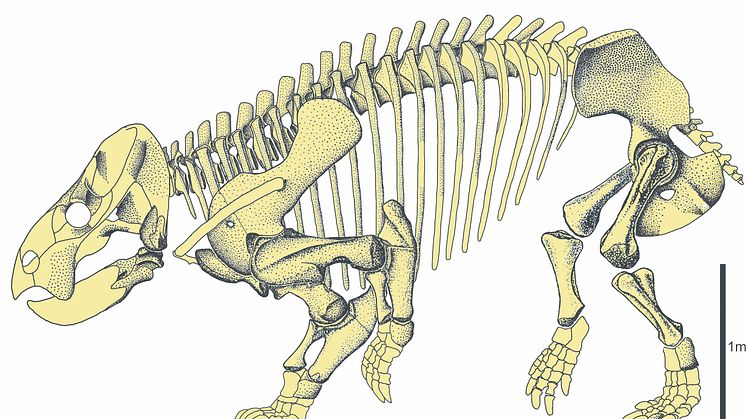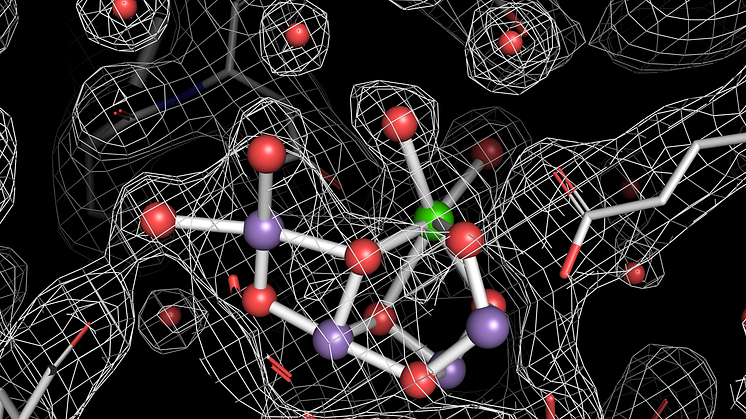Our genes affect where fat is stored in our bodies
A study from Uppsala University has found that whether you store your fat around the trunk or in other parts of your body is highly influenced by genetic factors and that this effect is present predominantly in women and to a much lower extent in men. In the study, published in Nature Communications, the researchers measured how fat was distributed in nearly 360,000 voluntary participants.
